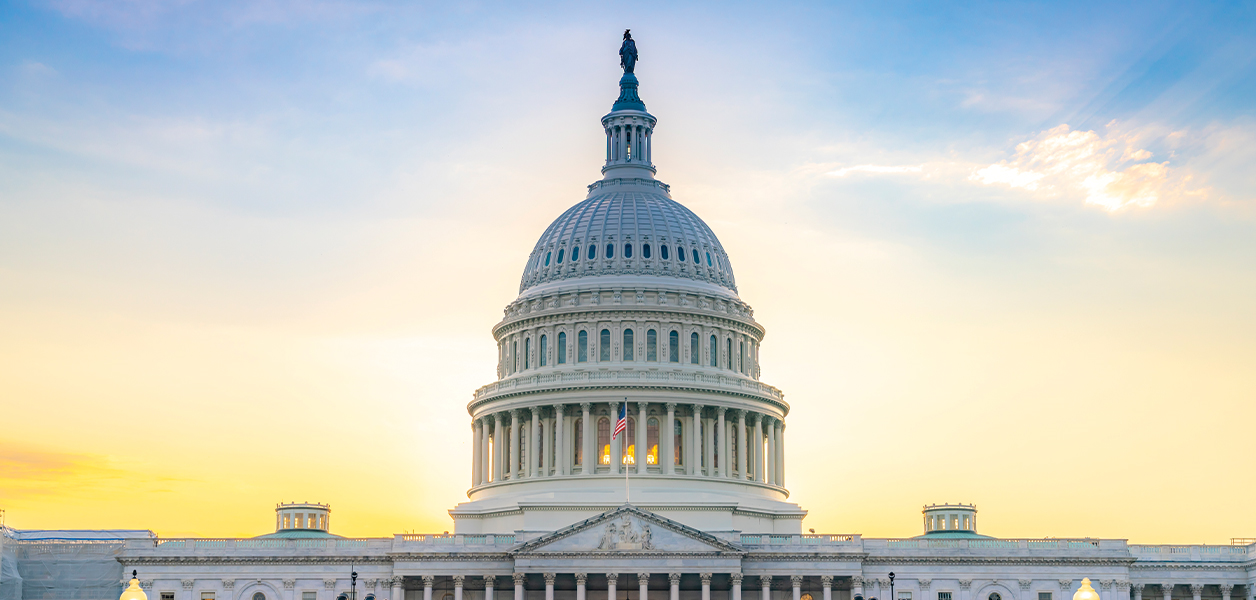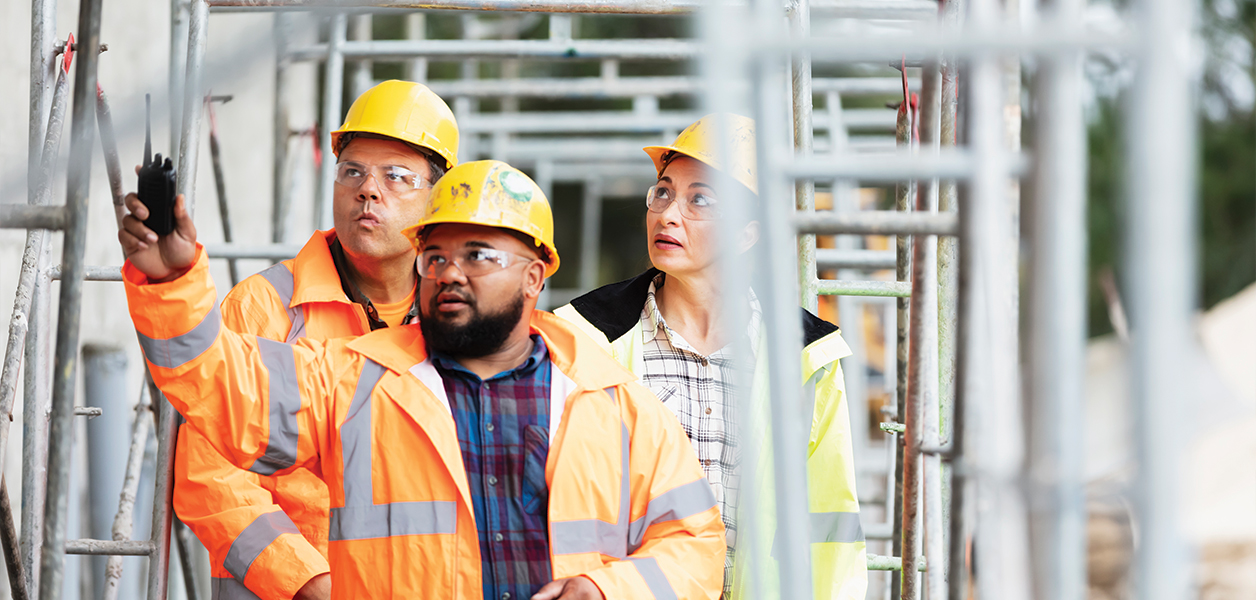The congressional appropriations process continues as funding deadline nears
The House recently passed two more funding bills related to energy and water, as well as the U.S.' legislative branch, to prevent a government shutdown on Nov. 17. This means the House has passed just 50% of its required bills for the fiscal year, which already has expired. The House also hopes to pass two additional bills this week that fund transportation, housing and urban development and the interior, and the environment (and related agencies). On Nov. 1, the Senate passed legislation combining three funding bills related to military construction and veterans’ affairs, agriculture and transportation. It remains highly uncertain how Congress will fund federal agencies before the approaching deadline, but another short-term funding bill that would last until mid-January has been floated. On Oct. 31, the Senate also confirmed former Treasury Secretary Jack Lew to serve as ambassador to Israel, which comes at a critical time for the U.S.-Israel alliance. This week, the House wants to vote on an aid package of $14.3 billion to Israel that also will claw back funding from increased IRS enforcement as initially passed in the Inflation Reduction Act.
New H-2B reform legislation
NRCA joined with allied construction associations in sending a letter to key members of Congress expressing deep concerns with emerging legislation regarding the H-2B seasonal visa program. The draft legislation currently being developed by Sens. Lindsey Graham (R-S.C.) and Alex Padilla (D-Calif.) is the result of efforts by stakeholder groups to negotiate reforms and more visas for the H-2B program. During these negotiations, union representatives have proposed placing restrictions on access to the program for the construction and meatpacking industries. Some industry groups heavily dependent on H-2B seasonal visas are willing to accept these provisions in return for increased annual allocations of visas. NRCA and other construction groups have made it clear to lawmakers they will not accept provisions harmful to construction industry employers. In addition to reduced access to H-2B visas for construction firms, such provisions could set a negative precedent for unfairly singling out the construction industry in other aspects of federal policy. NRCA will continue working to protect the interests of members with respect to the H-2B visa and other workforce programs.
National Labor Relations Board joint employer final rule
The National Labor Relations Board issued a final rule, which substantially modifies the Standard for Determining Joint-Employer Status under the National Labor Relations Act. Currently, for two separate entities to be classified as a joint employer for a certain group of employees, each employer must exercise substantial, direct or immediate control over the essential terms and conditions of employment for the employees in question. Under the NLRB’s final rule, two or more entities may be considered joint employers of a group of employees if each entity has an employment relationship with the employees and if the entities share or co-determine one or more of the employees’ essential terms and conditions of employment. The final rule will take effect Dec. 26 and replaces a previous rule that has been in effect since April 27, 2020. NRCA is concerned the more expansive joint-employer standard could create uncertainty for employers, especially with respect to multiemployer worksites, and had filed comments based on member input opposing the NLRB’s proposed rule, which now has been finalized.
NRCA joins industry colleagues in submitting comments regarding labor provisions of the Inflation Reduction Act
On Oct. 30, NRCA joined with roofing industry colleagues in submitting comments regarding REG-100908-23, the proposed rule on Increased Credit or Deduction Amounts for Satisfying Certain Prevailing Wage and Registered Apprenticeship Requirements. The proposed rule implements new requirements from the 2022 Inflation Reduction Act for taxpayers wishing to claim the full amount of certain energy-related tax incentives, including the commercial building energy-efficiency tax deduction. The comments focused on the need for clarification regarding the proposal’s Good Faith Effort Exemption; the applicability of Davis-Bacon requirements for private projects; and the metrics that will be used to measure an unintentional vs. intentional violation of these rules. The Coalition for Energy Efficient Jobs & Investment, of which NRCA is a member, also submitted comments on behalf of the coalition.





